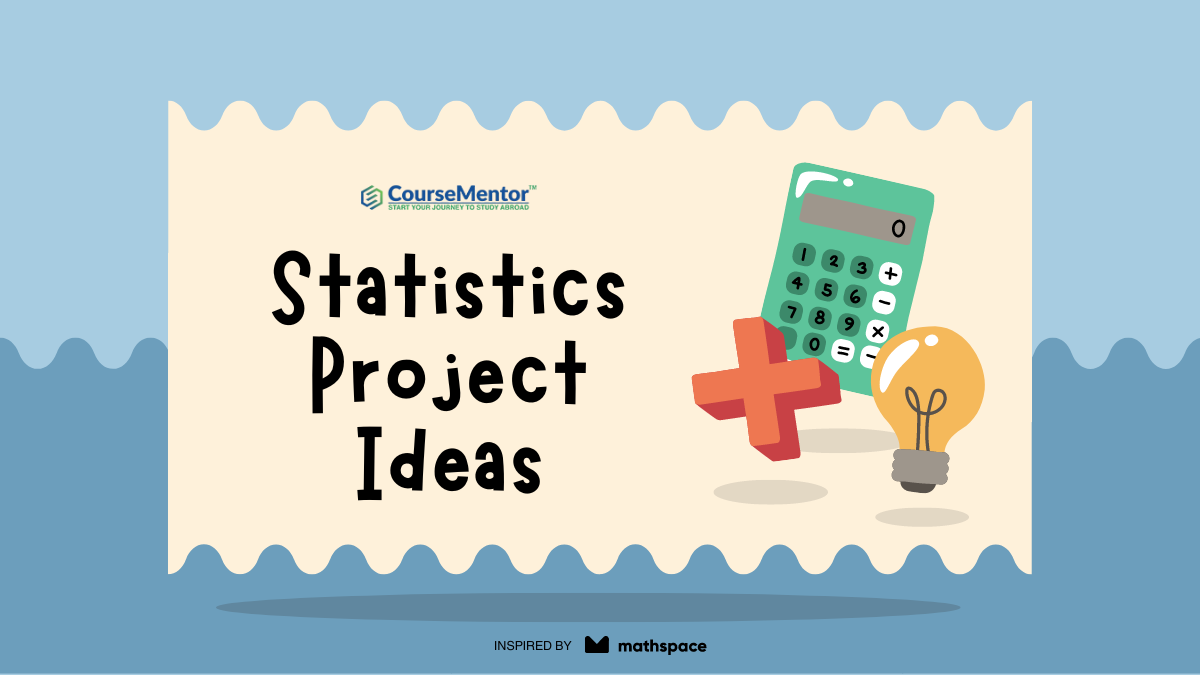Self-awareness and self-esteem are crucial aspects of our psychological well-being. They shape how we perceive ourselves and navigate through life. However, understanding what influences them can be complex. In this blog, we’ll explore 5 factors that influence self awareness and self-esteem.
What Is The Difference Between Self-Esteem And Self-Awareness?
| Aspect | Self-Esteem | Self-Awareness |
| Definition | Evaluation of one’s worth or value | Understanding of one’s thoughts, emotions, and behaviors |
| Focus | How one feels about oneself | How well one knows oneself |
| Content | Positive or negative feelings about oneself | Clarity about one’s strengths, weaknesses, and values |
| Influence | Impacts confidence and resilience | Facilitates personal growth and development |
| Perception | Subjective judgment | Objective observation |
| Importance | Influences behavior and decisions | Enhances emotional intelligence |
| Relationship | Connected to self-confidence | Facilitates empathy and understanding |
| Development | Can be improved through positive affirmations, accomplishments, and support | Enhanced through reflection, introspection, and mindfulness practices |
| Examples | Feeling proud after achieving a goal | Recognizing triggers for certain emotions |
What Is The Importance Of Self-Esteem In Self-Awareness?
The importance of self-esteem in self-awareness lies in the interdependent relationship between the two concepts.
Self-esteem, which refers to one’s evaluation of their own worth or value, plays a crucial role in fostering and supporting self-awareness, which involves understanding one’s thoughts, emotions, and behaviors. Here’s why self-esteem is important in self-awareness:
- Confidence: A healthy level of self-esteem provides the confidence needed to explore and acknowledge one’s thoughts, feelings, and actions honestly. When individuals feel secure and positive about themselves, they are more likely to engage in self-reflection without fear of judgment or criticism.
- Openness to Feedback: People with higher self-esteem are often more receptive to feedback and constructive criticism. They are better equipped to handle feedback without feeling threatened or defensive, which can facilitate deeper self-awareness by allowing them to consider alternative perspectives.
- Resilience: Individuals with higher self-esteem are generally more resilient in the face of setbacks or failures. They are better able to maintain a balanced perspective on their strengths and weaknesses, which enables them to bounce back from challenges and continue their journey of self-discovery.
- Self-Exploration: Healthy self-esteem encourages individuals to explore different aspects of themselves, including their values, beliefs, interests, and aspirations. This exploration is essential for developing a comprehensive understanding of oneself and fostering personal growth.
- Self-Acceptance: Self-esteem influences the degree to which individuals accept themselves, including both their strengths and areas for improvement. Higher self-esteem often correlates with greater self-acceptance, which is fundamental to cultivating a deep sense of self-awareness without harsh self-judgment.
- Empowerment: Individuals with healthy self-esteem feel empowered to make choices that align with their values and goals. This sense of empowerment allows them to actively engage in self-awareness practices, such as mindfulness and introspection, which further deepen their understanding of themselves.
In essence, self-esteem serves as a foundation for self-awareness by providing the confidence, openness, resilience, self-exploration, self-acceptance, and empowerment necessary to engage in honest self-reflection and personal growth.
By nurturing self-esteem, individuals can cultivate a deeper and more meaningful understanding of themselves, leading to enhanced well-being and fulfillment in life.
5 Factors That Influence Self Awareness And Self-Esteem
- Psychological Factors
Our personality traits and cognitive biases heavily influence our self-awareness and self-esteem.
Personality traits like introversion or extroversion, and neuroticism versus emotional stability, impact how we perceive ourselves and interact with others.
Additionally, cognitive biases such as self-perception and confirmation bias can distort our self-image and affect our self-esteem.
- Social Factors
The dynamics within our families and our interactions with peers significantly shape our self-awareness and self-esteem.
Family dynamics, including parental influence and sibling relationships, can either foster a healthy sense of self or contribute to insecurities.
Similarly, peer interactions, through social comparison and peer acceptance, play a pivotal role in shaping how we see ourselves.
- Cultural Factors
Cultural norms, values, and social identities greatly influence our self-awareness and self-esteem.
Different cultures have varying standards for beauty, success, and social roles.
Understanding these cultural influences helps us contextualize our self-perception and self-esteem within a broader societal framework.
- Environmental Factors
Our environment, including our socioeconomic status and life experiences, profoundly impacts our self-awareness and self-esteem.
Socioeconomic status affects access to resources and opportunities, which can influence our perceptions of ourselves and our capabilities.
Life experiences, such as trauma or significant achievements, also shape our self-esteem and self-awareness.
- Biological Factors
Biological factors, including genetics and hormonal influences, play a role in shaping our self-awareness and self-esteem.
Our genetic makeup can predispose us to certain personality traits and mental health conditions, which in turn affect how we perceive ourselves.
Hormonal changes, especially during puberty, can significantly impact our mood and self-esteem.
What Are The Factors Can Influence Self-esteem And Self-awareness Negatively In Media?
In today’s digital age, media plays a significant role in shaping individuals’ perceptions of themselves and the world around them. However, certain factors within the media landscape can have a negative impact on both self-esteem and self-awareness. Here are some factors that can influence self-esteem and self-awareness negatively in media:
Unrealistic Beauty Standards
Media often promotes narrow and unrealistic beauty standards, showcasing idealized body types, flawless skin, and perfect appearances.
Constant exposure to these unrealistic standards can lead individuals to develop poor body image and self-esteem issues as they compare themselves to unattainable ideals.
Social Comparison
Social media platforms facilitate constant comparison with others, leading to feelings of inadequacy and low self-esteem.
Seeing curated versions of others’ lives on social media can distort perceptions of reality and create a sense of FOMO (fear of missing out
Negative Portrayals of Minorities
Media representations of marginalized groups, such as racial and ethnic minorities, LGBTQ+ individuals, and people with disabilities, often perpetuate stereotypes and reinforce discrimination.
Exposure to these negative portrayals can lead to internalized stigma, lower self-esteem, and decreased self-awareness among members of these communities.
Sensationalism and Fear Mongering
Sensationalized and fear-based media coverage of events, such as crime, violence, and disasters, can instill feelings of fear, anxiety, and helplessness in viewers.
Constant exposure to sensationalized news stories can lead individuals to perceive the world as more dangerous than it actually is, contributing to heightened stress levels and decreased self-esteem.
Cyberbullying and Online Harassment
The anonymity and accessibility of online platforms make them breeding grounds for cyberbullying and online harassment.
Being subjected to negative comments, hate speech, and cyberbullying can have detrimental effects on individuals’ self-esteem and self-awareness, leading to feelings of shame, self-doubt, and social isolation.
Selective Representation
Media often selectively represents certain groups or perspectives while marginalizing others, perpetuating stereotypes and reinforcing power imbalances.
Lack of diverse representation in media can lead individuals from underrepresented groups to feel invisible, invalidated, and marginalized, negatively impacting their self-esteem and self-awareness.
Misinformation and Misrepresentation
Inaccurate or misleading information presented in the media can distort individuals’ perceptions of themselves and the world around them.
Exposure to misinformation can lead to confusion, mistrust, and decreased self-awareness as individuals struggle to discern fact from fiction.
Overall, media has the power to influence individuals’ self-esteem and self-awareness both positively and negatively. It’s essential for media consumers to critically evaluate the content they consume and advocate for more inclusive, accurate, and empowering representations in the media landscape.
Conclusion
Understanding 5 factors that influence self awareness and self-esteem is essential for personal growth and well-being.
By recognizing the interplay of psychological, social, cultural, environmental, and biological factors, we can develop a more nuanced understanding of ourselves and cultivate healthier self-perceptions.
Ultimately, embracing self-awareness and nurturing our self-esteem enables us to lead more fulfilling lives and build stronger connections with others.





